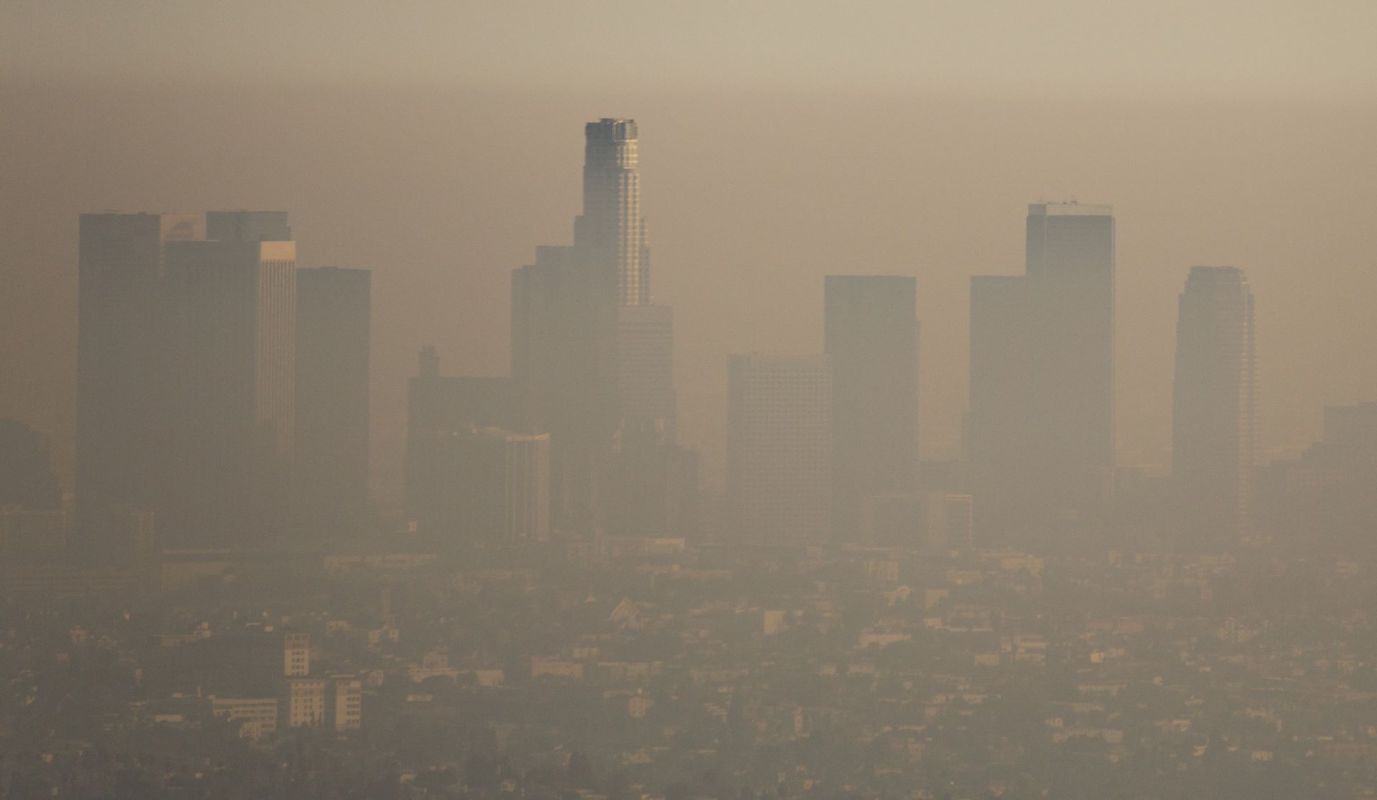Researchers studying a powerful form of fungus have found that it stores about 36% of the world's yearly air pollution underground.
England's Sheffield University published a report on the fungi, describing the diplomatic organism's relationship with soil, plants, and the air we breathe. It's part of what could be an overlooked solution to the world's air pollution woes.
Mycorrhizal fungi live in vast networks underground on every continent while in a symbiotic relationship with plants. The plants turn air pollution into sugars. The fungi, entwined with the plants' roots, feed on the sugars. In turn, they provide the plants with the nutrients they need to survive, according to Sheffield's description of the relationship.
People on the surface seldom sustain this give-and-take philosophy. But researchers are now starting to understand how vast and ancient the unique relationship underground has become.
A giant fungi network in Michigan encompasses 91 acres, according to a report from The Hill. The story also notes that these fungi carbon banks store 13 gigatons of air pollution underground annually. That's almost how many polluting gases China provides the planet each year.
"Mycorrhizal fungi represent a blind spot in carbon modeling, conservation, and restoration — the numbers we've uncovered are jaw-dropping, and when we're thinking about solutions for climate we should also be thinking about what we can harness that exists already," Sheffield Professor Kate Field said in the research.
Still, above-ground activity could disrupt the harmony below. Agriculture and other human activities are "destroying" soil ecosystems, the experts said, citing a United Nations warning that 90% of soils could be "degraded by 2050."
Now, they are calling on the world's leaders to initiate protections for the dirt so this ancient air-cleaning process can be maintained.
Soil conservation is one way humans can give back to the symbiotic process long established between fungi and plants, the research said.
"When we disrupt the ancient life support systems in the soil, we sabotage our efforts to limit global heating and undermine the ecosystems on which we depend," Field said in the Sheffield report.
TCD Picks » Upway Spotlight

Join our free newsletter for weekly updates on the coolest innovations improving our lives and saving our planet.














